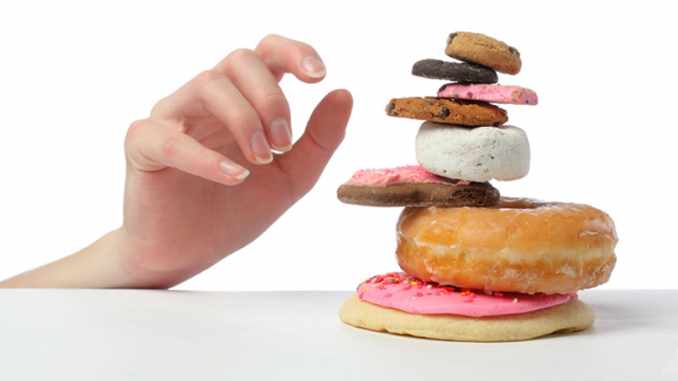
One of the hardest parts of addiction recovery is cravings. Out of nowhere, you can get this intense urge to drink or use drugs, and you feel like it is uncontrollable. This is a totally normal reaction, and you should not feel guilty about that. However, no matter the urge, cravings are resistible. If you do not manage cravings, you can relapse. Here are some strategies to help you handle drugs and alcohol cravings.
Find A Distraction
Always remember that cravings will not last forever. Most of the time, a craving will last between 10 and 15 minutes. It could be shorter or longer as addiction cases are not the same. However, if you try to dwell on that feeling, it can last longer. Instead of giving your cravings attention, find a way to distract yourself. It can be through reading, taking a walk, meditating, playing video games, working, or anything else that can take your concentration. When you direct your attention towards other things, you can help your craving subside.
Watch Your Thoughts
Your thoughts are powerful, and they can make a craving feel more intense than it is. What comes to your mind when a craving appears? Do you suddenly feel helpless and tell yourself you cannot control it? When this is the first thing that comes to mind, it can add some stress to the craving. Instead of being negative, tell yourself that this is a normal feeling and will pass. If a craving has been triggered by someone or a situation, check whether you are catastrophizing a situation as it actually is. At times, cognitive distortion tends to trigger cravings.
Talk it Out
Another way to handle craving is by talking it out with a loved one or someone who understands your situation. If you have made a friend from a support group or you have a sponsor, give them a call and tell them how you are feeling. Sometimes they do not even have to provide you with advice. By simply talking it out, you find that the craving is disappearing. Therapy can also help, especially in the first stages of recovery. This is where your cravings are more severe, and if you are not careful in this stage, you may relapse.
Accept the Cravings
Accepting is not giving in. When a craving appears, accept it as part of your recovery journey. This is a step that everyone recovering from a substance-use disorder goes through. And even people who have been sober for a long time, from time to time, get cravings. Do not look at cravings as if you have done something wrong or have failed. Accept the feeling instead of suppressing it. This shows that you are in charge of the situation. After a while, the feeling will subside.
Identify Triggers
Triggers contribute to cravings. When you are in recovery, there are certain people, situations, or places that can make you want to use drugs. If you know that hanging out with certain people or at certain places will tempt you to use drugs or drink alcohol, try your best and avoid them. Https://pinnaclerecoveryut.com/ emphasizes the importance of knowing these triggers to avoid them when possible. To make this easy, note down your triggers and develop healthy strategies to deal with cravings anytime something triggers you.
Practice Self-Care
Practice self-care by exercising regularly, eating healthily, getting enough sleep, etc. This promotes your mental and physical health, making you less likely to want to use alcohol and drugs. In the end, this also makes you stronger, and you can fight cravings whenever they come.
These are a few of the tips you can use when a craving appears. Addiction is hard, and therefore, it is in your best interest to do everything possible not to relapse.

Leave a Reply